Over one million UK children lived in destitution last year: Study
More than one million children have experienced destitution in the UK over the last year as their families could not afford to adequately feed, clothe or clean them, or keep them warm, a major study has revealed.
The study published by the Joseph Rowntree Foundation (JRF) shows that severe material hardship was “no longer a rare occurrence.”
In 2022, the study said, an estimated 1.8 million UK households were found to be destitute, impacting nearly 3.8 million individuals, including 1 million children.
Half of destitute households tried to get by on less than £85 a week after housing costs, with a quarter reporting no income at all, it added.
JRF’s CEO, Paul Kissack, slammed the government’s lack of efforts to tackle the rise in destitution.
“The government is not helpless to act; it is choosing not to,” he said. “Turning the tide on destitution is an urgent moral mission, which speaks to our basic humanity as a country, and we need political leadership for that mission.”
A co-author of the study, Prof Suzanne Fitzpatrick, of Heriot-Watt University, also described soaring destitution as “morally reprehensible” and said the UK state had abdicated its responsibility to society’s poorest. “There must be immediate action from all levels of government to tackle this social emergency,” she said.
The study also revealed that households grappling with financial hardships have experienced a growing reliance on food banks or relatives for groceries with Adults reporting a frequent inability to afford more than one meal a day, often going without to ensure their children could eat.
More than half of destitute adults (51%) regularly went without toiletries such as shampoo and toothpaste, as well as hygiene and cleaning products, often relying on food banks for these items, it said.
The study also noted that people simply did not buy essential items like new clothing and footwear “at all.”
Many adult respondents were wearing worn-out clothes, and only buying new clothes – such as school uniforms and trainers – for their children, it said.
The study also found that the prevalence of destitution in the UK has shifted from being primarily experienced by immigrants who were ineligible for social security support to being predominantly experienced by UK nationals who receive welfare benefits.
Disabled people, people with long-term chronic health conditions, and Black British, Caribbean, and African households, were disproportionately likely to be destitute. The number of destitute lone parents almost tripled between 2019 and 2022, while the number of children experiencing destitution has tripled since 2017.
According to the study the erosion of state support for people in severe hardship, and their growing reliance on informal help from charities and parents, was one of the most striking aspects of the research. More than 574,000 destitute people were supported by food banks in 2022, up from 214,000 in 2019.
Clare Willsher, who lives with her husband and two teenage boys in Bexleyheath, south-east London says destitution is like a “complete nightmare.”
Her husband had to give up work as he got cancer which coincided with soaring energy and food costs over the last two years. They had personal debts, and their household income shrank just as their outgoings went through the roof.
She and her husband regularly skip meals – “we never have three meals a day” – to ensure the boys always have enough to eat. But going without is hard: “I often wake up hungry at three in the morning,” she says.
Last winter was miserable, she recalls, as the cost of energy meant they could rarely afford to put the heating on, even when it was freezing.
The JRF called on all political parties to commit to a plan to eradicate destitution, including an overhaul of benefit rates to provide an “essentials guarantee”, which would ensure universal credit was sufficient to protect households from severe hardship.
VIDEO | Interview with Alison Weir
Iran cannot be sanctioned; plots to isolate Tehran failed: Raeisi
Iran FM: Israel root cause of all tensions, unrest in West Asia
Iran: Violent crackdown will not silence pro-Palestine protesters in US
US announces $6 billion military aid for Ukraine amid massive strikes
VIDEO | Pro-Palestine demos spread to Europe as students occupy campus in Paris
Two Palestinians killed by Israeli forces in West Bank
VIDEO | Islamabad rejects US report on rights practices in Pakistan


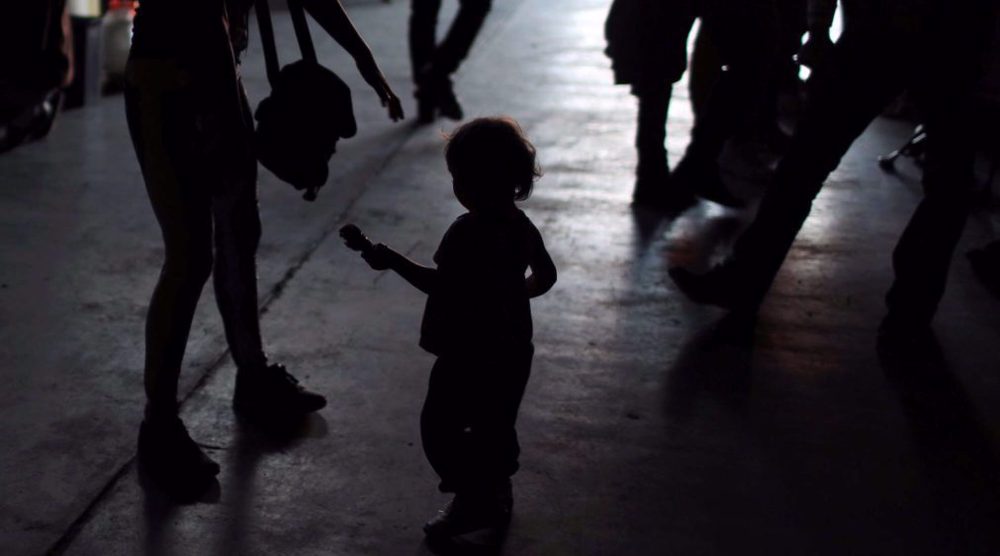
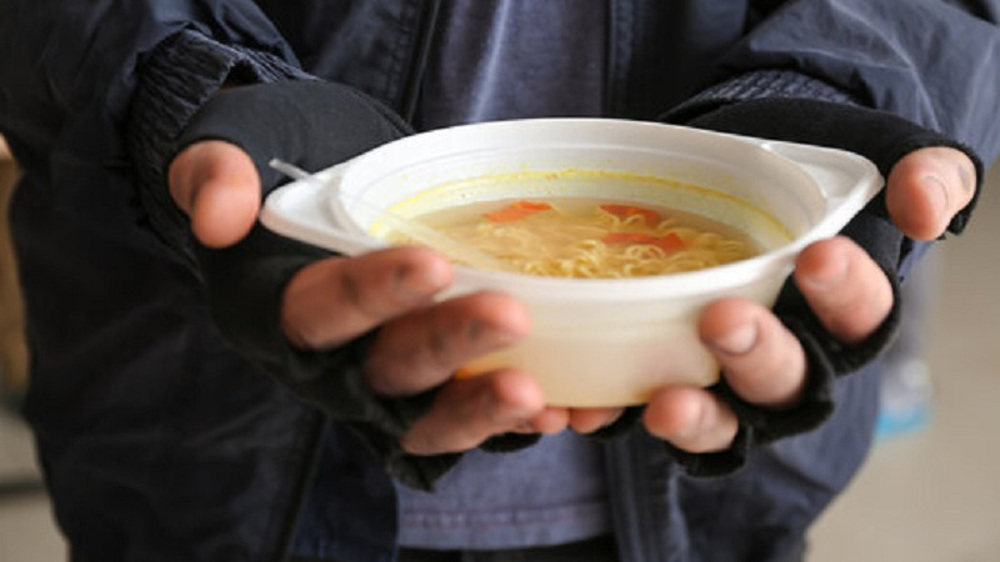






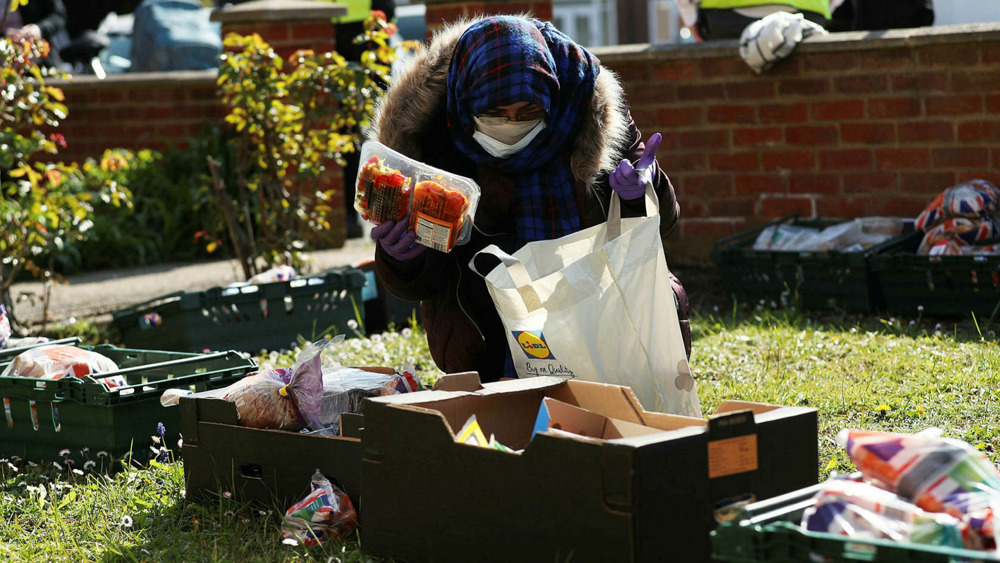
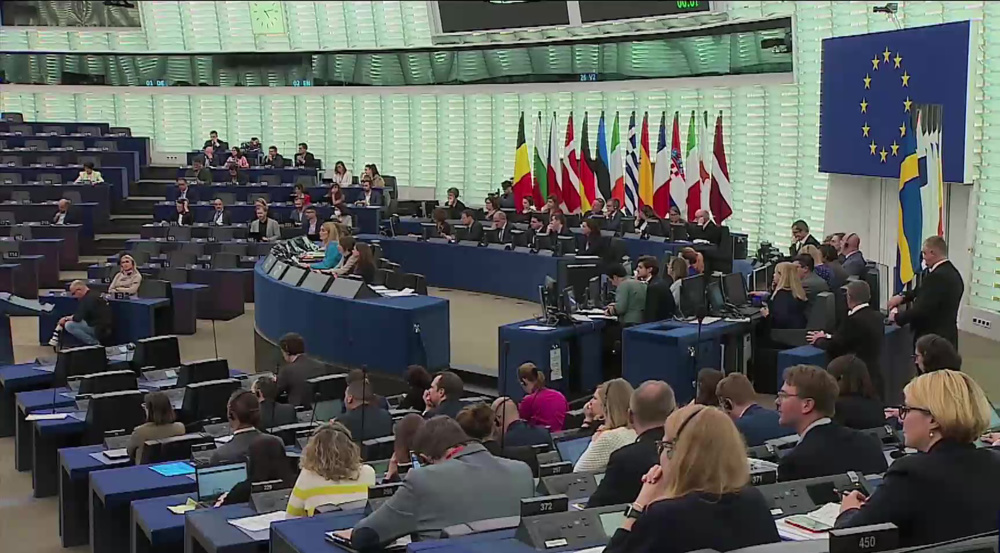
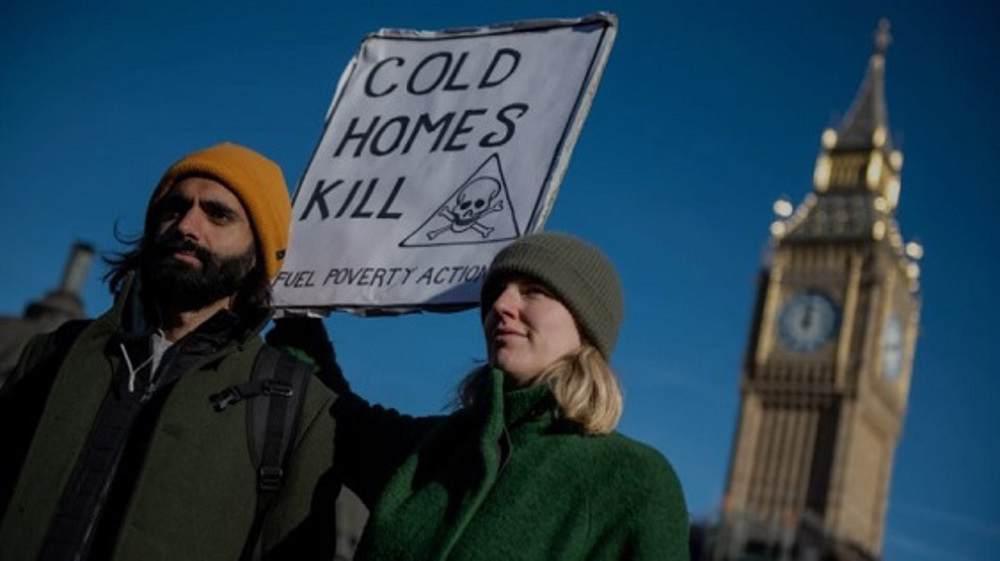

 This makes it easy to access the Press TV website
This makes it easy to access the Press TV website